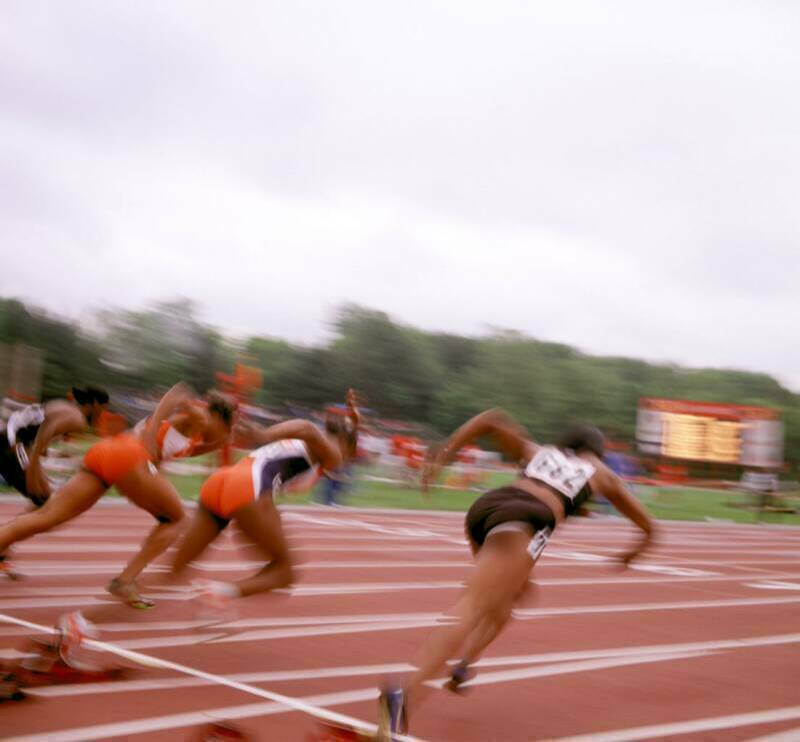Community Impact
Coaching for Ethical Toughness
By Steve Horan
The 'invisible' ethics crisis in sports is a steady, widespread erosion of moral reasoning in competitive athletes. This is certainly not happening to all athletes, but it is happening enough to be concerned about. The erosion of moral reasoning has been documented by The Center for Ethical Theory and Honor In Competition and Sport (ETHICS) at the University of Idaho. ETHICS has studied the moral reasoning of athletes for 20 years. Over that time the Center has compiled data on more reasoning for more than 70,000 athletes at the high school and college level.
The ETHICS research consists primarily of athletes' responses to survey questions designed to measure their moral reasoning on ethical questions related to sports. Their findings show that on average, the longer one participates in competitive athletics, the more impaired their moral reasoning becomes. Quite simply, the longer they participate, the more likely they are to lie or cheat - or tolerate lying and cheating - in the name of winning. If we project the Center's research findings to the entire population of young athletes, we can assume that this problem involves thousands of athletes across the country.
When we consider that most sports programs justify their existence in terms of character education, the fact that competitive athletics may actually erode moral reasoning has to be troubling. Clearly there is a concern about the immediate impact on the culture of sports. But perhaps more importantly, what is the long term impact on society? Will athletes who lie and cheat in sports also lie and cheat cheat in school? Will athletes who lie and cheat in sports also lie and cheat in business and government? The logical answer is 'yes.'
The good news is, research by ETHICS also shows the moral reasoning of athletes can be sustained or restored through deliberate character education. The ETHICS' Character Education Program and other such programs do help athletes strengthen their moral choices regarding athletic competition. The University of Georgia football program has been a pioneer in bringing this kind of character education to the highest level of competition sports.
Few of us have the time or resources to implement a full-fledged character education initiative as part of our athletic program. But we can talk about character every day. In the process, we can emphasize explicit team values against cheating and ethical ambiguity. Most importantly, we can role model the highest ethics so that when our athletes look at us, they know we value ethics more than winning. By building ethically tough athletes, we can do our part to stop and reverse the ethics crisis in sports - one athlete at a time.
Thanks for being a coach!
Copyright 2008 Community Health Solutions, Inc.

